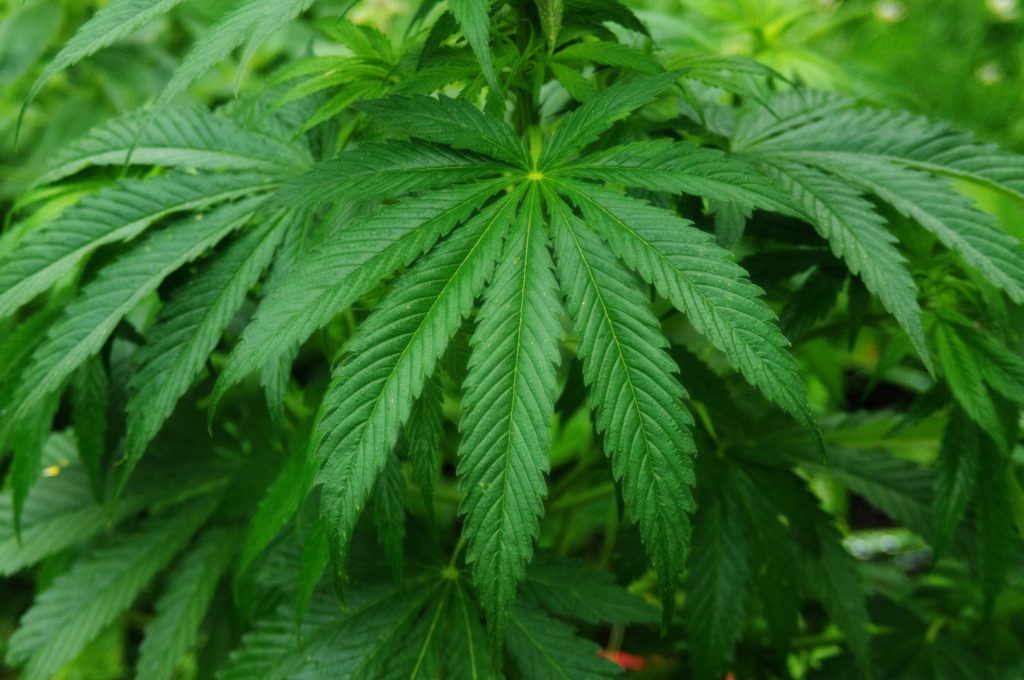While previous studies have found that young people who use cannabis on a regular basis tend to perform more poorly on measures of memory and attention, new research suggest the opposite could be true for the elderly. A recent study conducted by researchers in Germany has found that mice treated with low doses of tetrahydrocannabinol (THC) – one of the active ingredients found in cannabis – showed a reversal in age-related cognitive decline.
“We repeated these experiments many times,” the study’s senior author, Dr. Andreas Zimmer of the University of Bonn, Germany, told New Scientist. “It’s a very robust and profound effect.” The researchers published their findings in the journal, Nature Medicine.
Research conducted by Zimmer and his team has been focused on studying the body’s endocannabinoid system, in which endogenous cannabinoid receptors present on cells in the brain and the nervous system are modulated by a number of different compounds, including THC. When mice were genetically engineered to have a faulty endocannabinoid system, the researchers found that they showed advanced cognitive decline and generally aged faster compared to healthy mice.
This result prompted Zimmer to investigate whether stimulating the endocannabinoid system using low doses of THC from cannabis might reverse the cognitive decline present in elderly individuals. The researchers dosed young (2-month-old), middle-aged (12-month-old) and elderly (18-month-old) mice with a low dose of THC, over a one month period.
The does administered was so low that they were insufficient to produce any psychoactive effects associated with THC. After consistently dosing the mice for one month, Zimmer and his colleagues tested the ability of mice to navigate through mazes, as well as other tests of cognitive function.
Middle-aged and elderly mice who were dosed with THC performed just as well as the young mice on tasks of cognitive ability. Young mice in the control group – who received no THC – significantly outperformed the middle-aged and elderly mice in the same group.
According to the study authors, the THC was associated with an increased number of neural connections between cells in the part of the brain involved in new memory formation. However, young mice given THC showed a decline in performance on cognitive tasks, suggesting that the compound has a different effect on the young brain, compared to the old.
According to Zimmer, the endocannabinoid system is less active in older mice, which means that THC could help to stimulate the system allowing it perform better. In contrast, adding THC to the already highly-active endocannabinoid system in young brains may overload the system, leading to cognitive deficits.
Zimmer and his colleagues are now in the early stages of planning a human clinical trial to try to replicate their findings from the preclinical mouse study. In addition, the researchers say that a consistent dosage form – such as a mouth spray – will need to be developed in order to ensure older patients are getting the right dose of THC to produce the desired neuroprotective effects.












Join or login to leave a comment
JOIN LOGIN